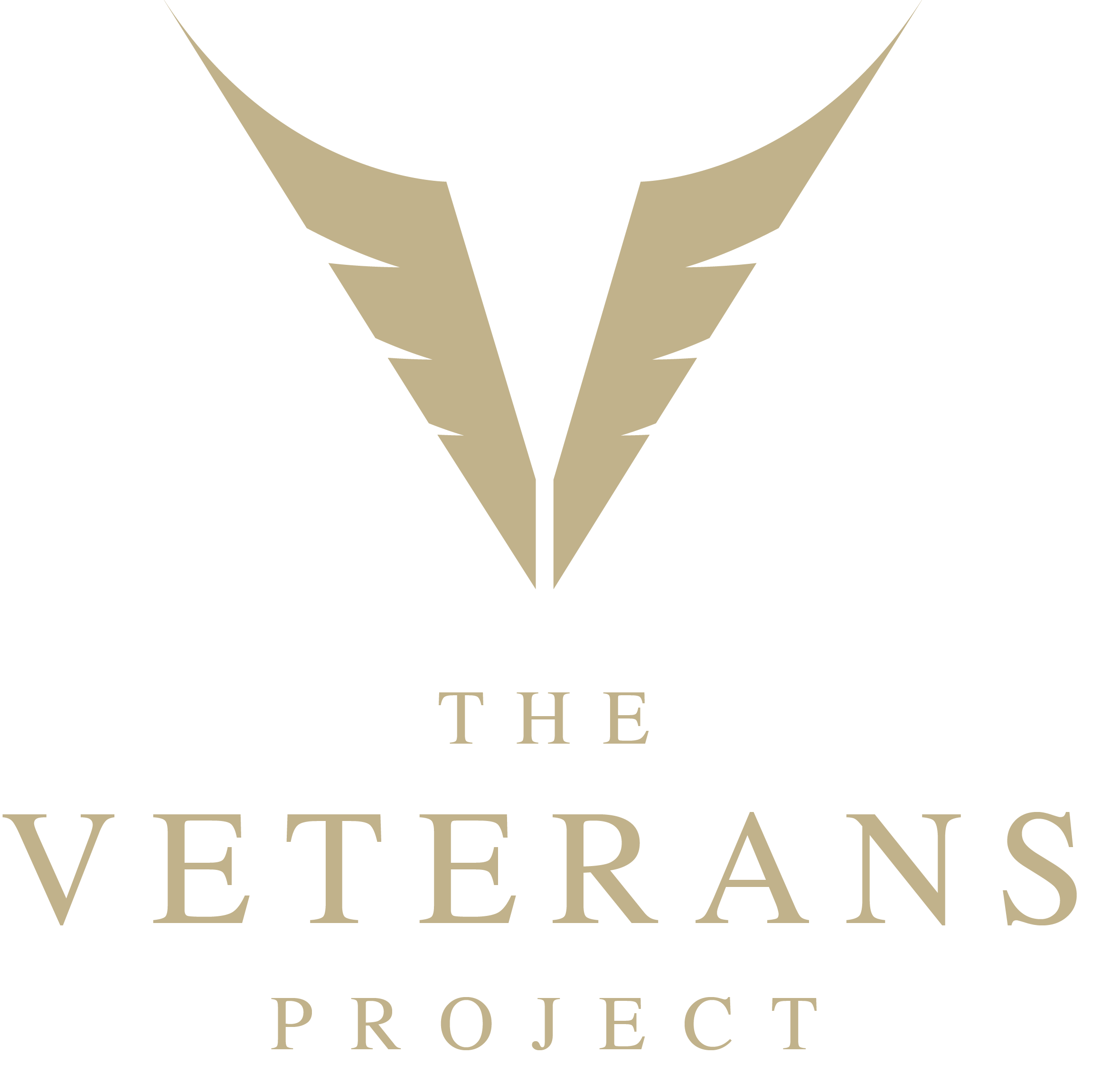SGT Joshua Maher, USMC, Operation Enduring Freedom
I've known Josh since I was pretty young so I've known his character for quite some time. He's one of those strong, silent types that has an unbelievable amount of drive. We played baseball together in high school for a bit and I remember he was always in the best shape out of anyone on the team. His time in the Marine Corps reflected that drive. I also remember Josh as incredibly kind. I think when people think of a warrior, kindness isn't the first thing that comes to mind but it has a major place in being a warrior. There's something about that kindness that reflects back into a sense of integrity. Josh's integrity was never under question from me or any of my teammates. His service to this country took him on two tours of the most dangerous area on this earth, Helmland Province, Afghanistan. Along with the Eastern ridges, it's one of those places that demands an instant respect from the rest of the veteran community. The British units deployed there before us, and due to lack of manpower they were never able to hold the ground they took. I would call it "Taliban-infested." I'll let Josh talk more about his time in the USMC and what the return to civilian life has been like.
Maher in front, Helmland Province, Afghanistan
Can you tell me a little bit about why you joined the Marine Corps?
JM: I had wanted to join the Marine Corps since I was 15 years old. My parents got divorced when I was 17. So when I turned 18 I was trying to go to college and help my mom and sister at the time. At 21, I wasn't able to afford college anymore. My mom and sister were making it on their own and I had a chance to serve, so I took it.
What units did you serve with, how many tours, and where?
JM: I served with 2D Light Armored Reconnaissance (2LAR) Delta Company, 3rd Platoon, based out of Camp Lejeune, North Carolina. I did two tours to Helmland Province, Afghanistan near the Helmland River.
Remember the fallen, cherish the living, and honor them all
What was the hardest part about being away from home?
JM: Being away from all my family and friends. Missing birthdays, weddings, and holiday celebrations.
What's the hardest part about a deployment to a combat zone like Afghanistan?
JM: Not knowing if your going to make it back home. Working your butt off 24/7 and trying to get everyone back home.
Now on the other side of that, what’s it like coming home? What’s the hardest part of that?
JM: It's a relief at first, but it changes you. You're not the same as you were before. Sometimes you don't realize it but other people do. The hardest part is trying to blend back into the "civilian" lifestyle. Your friends and family can't relate to your experiences and you feel alone but keeping in contact with the buddies you served with helps.
Josh keeps this on his right wrist in honor of LCPL Barbosa Flores, who lost his life during combat operations in Helmland Province
If you could tell a civilian one thing about how you are perceived or "handled," what would that be?
JM: I just want to be treated like anybody else. It's when people try to pry and relate to something they have never experienced that I get turned off.
Talk a little bit about the superhero mantra that civilians attach to soldiers. Is there any truth to that or what do you think about it?
JM: I don't think of myself as a superhero. I'm a Marine. I did my job and came back. The brothers we lost are the real heroes. They gave their lives for our freedom, as well as my fellow brothers who lost limbs and suffered Traumatic Brain Injuries. They're the real superheroes.
I'd like to thank Josh for being a part of the project. When I was reading the flag his unit had written on after he got out of the Marines, I saw the admiration from all the men who served with and under him. Each entry written on the flag had the typical Marine "bravado" that I absolutely love, but there was an incredible amount of respect. I hope you've enjoyed Josh's story.
